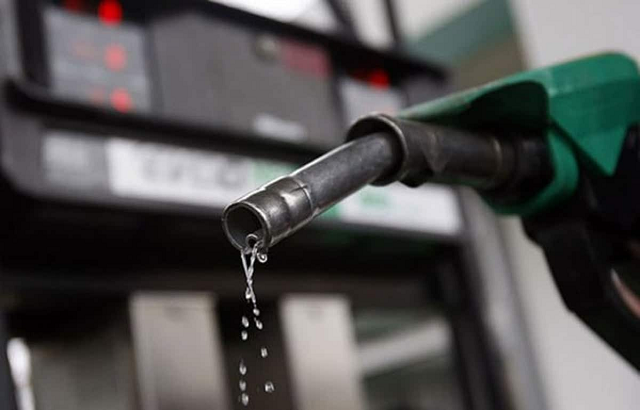The Nigerian National Petroleum Company Limited (NNPC) should be selling petrol for at least N400 per litre assuming there is no subsidy in place. This is according to oil marketers.
Revealing why Nigerians are experiencing petrol scarcity, the oil marketers lamented that the commodity import charges are becoming unbearable for the sole importer (NNPC).
According to them, NNPC could no longer be bearing the alarming import charges. Hence, it’s been subtly pushing them to depot owners.
The oil marketers further said depot owners, on their part, are also passing the charges to filling stations, which in turn push it to final consumers of the product, a development that has led to the increase in the pump price of the commodity.
“The dollar is affecting PMS purchase, something you were buying for about $15/tonne when the dollar was about N440 to N450, but currently the dollar is about N750 to N800. Definitely, the price of the product will increase.
The official added, “You can buy a product, say $10/tonne from maybe Russia, it will get to Nigerian waters at that rate, but most of those mother vessels, as soon as they discharge into your own vessel, whatever rate you now pay will be international rates in dollar.
“The mother vessel has its limit, it has to be stationed at Atlas Cove. But the daughter vessel you are going to charge, which brings in the product, will be charged in dollars. They don’t take naira. So all these charges come in dollars,” an oil marketer who spoke on a condition of anonymity was quoted as saying.
The marketer further stated that these charges were currently hitting hard on the NNPC, as the state-owned oil company was finding it tough to bear the increased fuel imports’ rates.
“All vessels operate on international rates and it must be in forex. So as it is now, the rates are getting so high for NNPC to bear alone. Some of these charges have to be pushed to depots that are taking the products and they have to pass it on to consumers,” he added.













